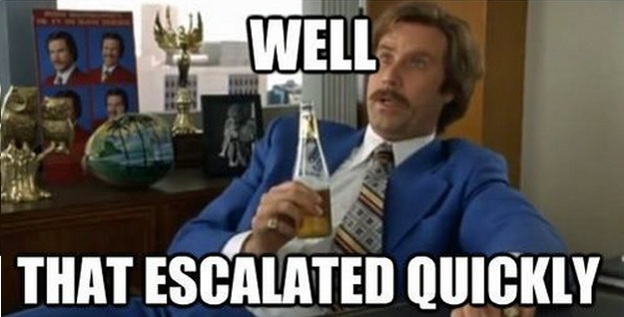The standards through which historical events are verified is through analysis of primary sources and quantifying aspects of the event (dating a piece of equipment). There are some aspects of the bible that can be verified, like the existence of the second temple. Jesus rising from the dead cannot be verified unless you can provide evidence that it has been. Now, that said, that doesn't mean Jesus didn't exist/rise from the dead. But as with nearly all aspects of religion conclusive proof (in the scientific sense) is elusive.Yes it is. By the standards that experts use to verify historical events, if this isn't true then nothing that we claim to know about our history is true.
Using the bible as a source of literal truth is unreasonable. I have no doubt, that the bible contains a plethora of wisdom. But the bible has had many authors and has been retroactively changed hundreds of years after the fact.



 you think you are applying logic to it but how is that any different from a religious person fitting the data to their own pre conceived notions? Including all forms of Christianity and atheists as that study attempts to do we have covered most of the population. Hindus aren't exactly a major demographic here relatively. You still won't get to half the figure you quoted (I suspect) if you throw other religions in.... also is bet you can fins data that members of those other faiths drop out at a very reduced rate compared to white Christians. There are stronger cultural ties for many
you think you are applying logic to it but how is that any different from a religious person fitting the data to their own pre conceived notions? Including all forms of Christianity and atheists as that study attempts to do we have covered most of the population. Hindus aren't exactly a major demographic here relatively. You still won't get to half the figure you quoted (I suspect) if you throw other religions in.... also is bet you can fins data that members of those other faiths drop out at a very reduced rate compared to white Christians. There are stronger cultural ties for many 